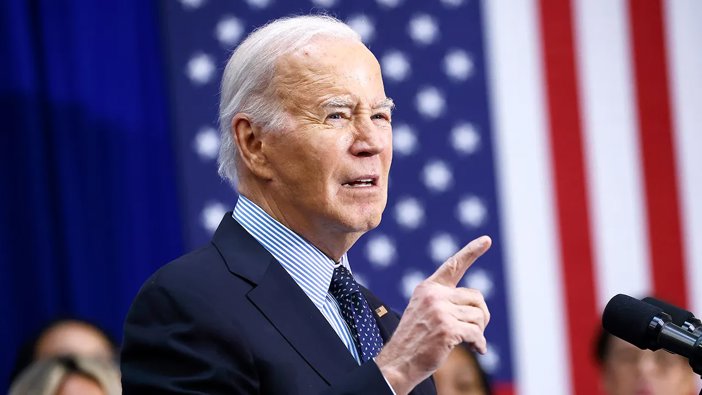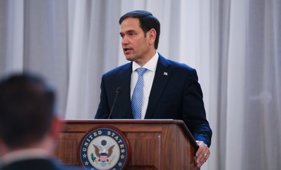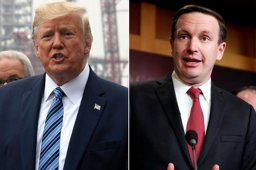
Ex-DNC Insider Details Biden Cover-Up, Party Eyes Policy Reset
A former DNC official alleges Democrats concealed Biden’s decline as party leaders now seek a new direction after his withdrawal.
Insider Alleges Coordinated Effort to Hide Biden’s Cognitive Decline
Revelations from Lindy Li, a former Democratic National Committee (DNC) fundraiser, have reignited debate over the party’s handling of Joe Biden’s final year in office. In an exclusive interview, Li described what she calls a “massive conspiracy” among top Democrats to conceal the extent of Biden’s cognitive decline as he pursued re-election. Her detailed account comes one year after the debate performance that ultimately led Biden to suspend his campaign.
Li, who served as a National Finance Committee member, said she faced backlash and exclusion for raising concerns about Biden’s fitness for office. According to Li, senior Democrats—including Sen. Tammy Duckworth—voiced doubts about Biden’s age behind closed doors but later supported his campaign publicly. Li recounted being banned from White House events and pressured to remove social media posts after defying party messaging guidelines.
She alleged that DNC leadership issued strict talking points, instructing staff and influencers to minimize discussion of Biden’s age and cognitive health. Li claimed she was told to “tar and feather” Special Counsel Robert Hur after Hur described Biden as “a sympathetic, well-meaning, elderly man with a poor memory.”
These allegations add to mounting questions raised by Cabinet members and political journalists, whose books have detailed internal debates and cover-up efforts within the Biden White House. The DNC declined to comment on Li’s claims. Former party colleagues dismissed her as an outlier, while Li insists her warnings were ignored at great personal and professional cost.
Project 2029 Faces Scrutiny as Democrats Seek Path Forward
As Democrats grapple with the fallout, the party’s strategy for the future is under fresh examination. Leaders have launched “Project 2029,” a policy initiative modeled after the GOP’s Project 2025, with the aim of rebuilding trust and setting a new vision for the 2028 election cycle. However, the project has drawn criticism for its reliance on longtime insiders, most notably Jake Sullivan, Biden’s former national security advisor.
Brett Bruen, a former Obama administration official, voiced disappointment with Sullivan’s role, arguing that those responsible for “driving the party into a ditch” should step aside. Others, like progressive activist Joseph Geevarghese, point to the recent success of grassroots figures such as Zohran Mamdani as proof that Democrats must listen more closely to working-class concerns and embrace fresh voices.
Despite internal divisions, some Democrats say the initiative can still help unify the party’s different factions. The project’s architects hope to move beyond a decade defined by opposition to Donald Trump and instead offer concrete policy solutions. Yet, with no clear frontrunner for 2028, party insiders acknowledge the challenges ahead.
Campaign Decisions and Aftermath of 2024 Election
New books continue to shed light on the strategic decisions made by Biden’s team during the 2024 campaign. According to reports, senior advisors urged Biden to debate President Donald Trump as early as possible to showcase leadership, despite private concerns about his age. Some aides reportedly wanted to avoid a debate altogether, especially after unsettling moments at fundraising events.
The pivotal June 27, 2024, debate revealed Biden’s vulnerabilities, leading to his exit from the race and the elevation of Vice President Kamala Harris as the Democratic nominee. Trump’s campaign seized on the performance, describing Biden’s campaign as chaotic and disorganized. The Democratic Party was left to confront the fallout, with a string of new publications further chronicling Biden’s decline and the ensuing cover-up.
As Democrats look ahead, they face the dual challenge of regaining voter trust and crafting a compelling agenda for the next election. The party’s internal reckoning and strategic reset will shape the landscape of American politics as the road to 2028 begins.






